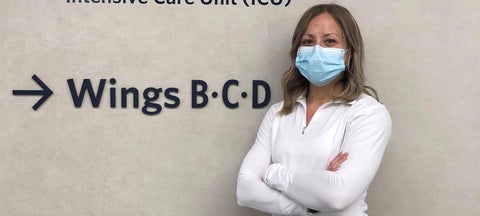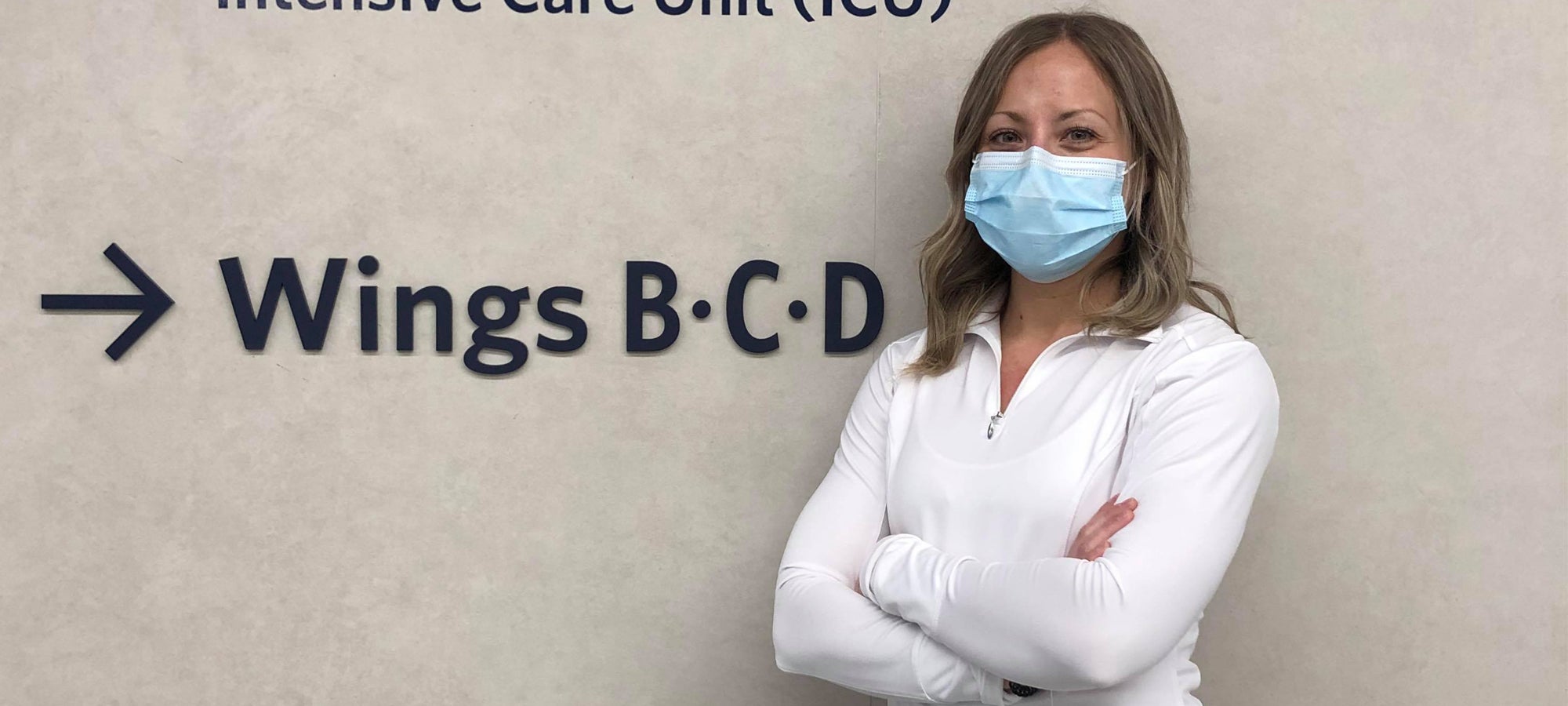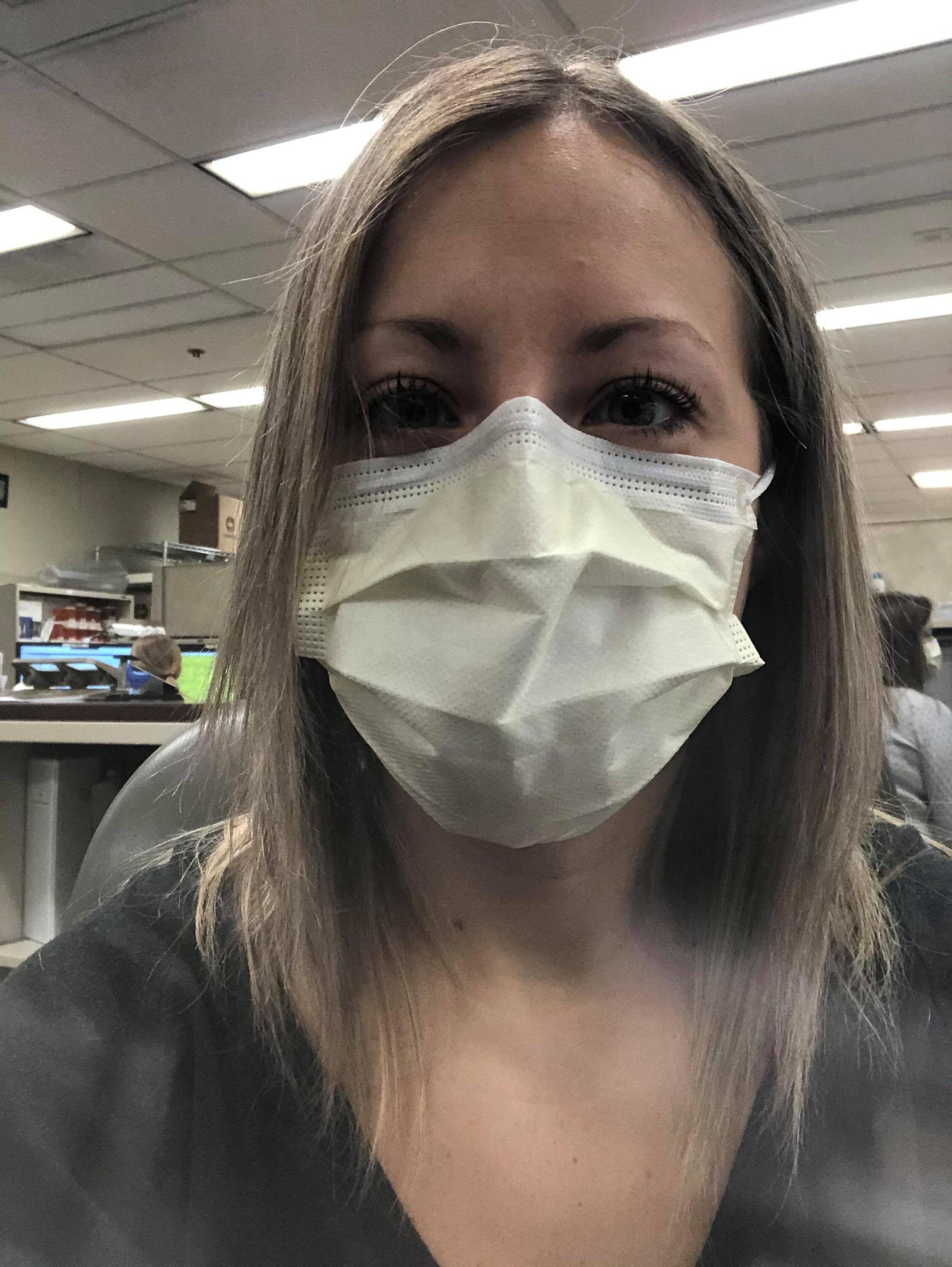
Alum Kristina Kozlovsky talks managing the drug supply during a pandemic

Kristina Kozlovsky (Rx2018) has never more clearly appreciated the importance of pharmacists as stewards of the drug supply.
Medication shortages have been reported across Canada and COVID-19 has both exacerbated existing shortages and introduced new ones. Kristina, a pharmacist at Cambridge Memorial Hospital, has daily conversations about ensuring judicious use of the hospital’s medications. Part of her role as a member of the Intensive Care Unit (ICU) team is to monitor the use, stock and delivery of the medications specifically used in the ICU.
We are taking steps to prepare for a potential surge in patients. Part of that means rigorously tracking what resources are available, coming up with solutions to conserve the supply and implementing alternatives where possible.
Conservation has become increasingly important as unprecedented demand, particularly of analgesics, sedatives and nerve blockers, has been seen in ICUs across the country. “The potential shortages looming have already led to warnings on rational use from the Canadian Association of Emergency Physicians and Health Canada has recently allowed importation of US-labelled drugs to mitigate these shortages,” she says.
The hospital also has policies around conservation of personal protective equipment (PPE) to ensure it is available when most urgently needed. As a result, many of the roles Kristina would typically perform in person have shifted.

The ICU team contains many members of different backgrounds — a physician, charge nurse, bedside nurse, physiotherapist, dietitian, respiratory therapist, someone to provide spiritual care and a pharmacist. It’s Kristina’s role to provide medication recommendations, answer questions about treatment options and dosing and to monitor drug therapy, and she continues to do this throughout the pandemic. Consulting resources to learn about relevant drug information is more important now than ever.
The pandemic has reminded me of how important it is to be adaptable and to adjust quickly to new best practices — a skill I gained from the PharmD program at the School of Pharmacy. One of the positive things I have seen come out of this experience is how many resources are being made freely available to health-care providers. Webinars and online courses on COVID-19 or critical care pharmacy practice have all been so helpful and are giving all pharmacists an opportunity to gain the expertise we need to combat this.